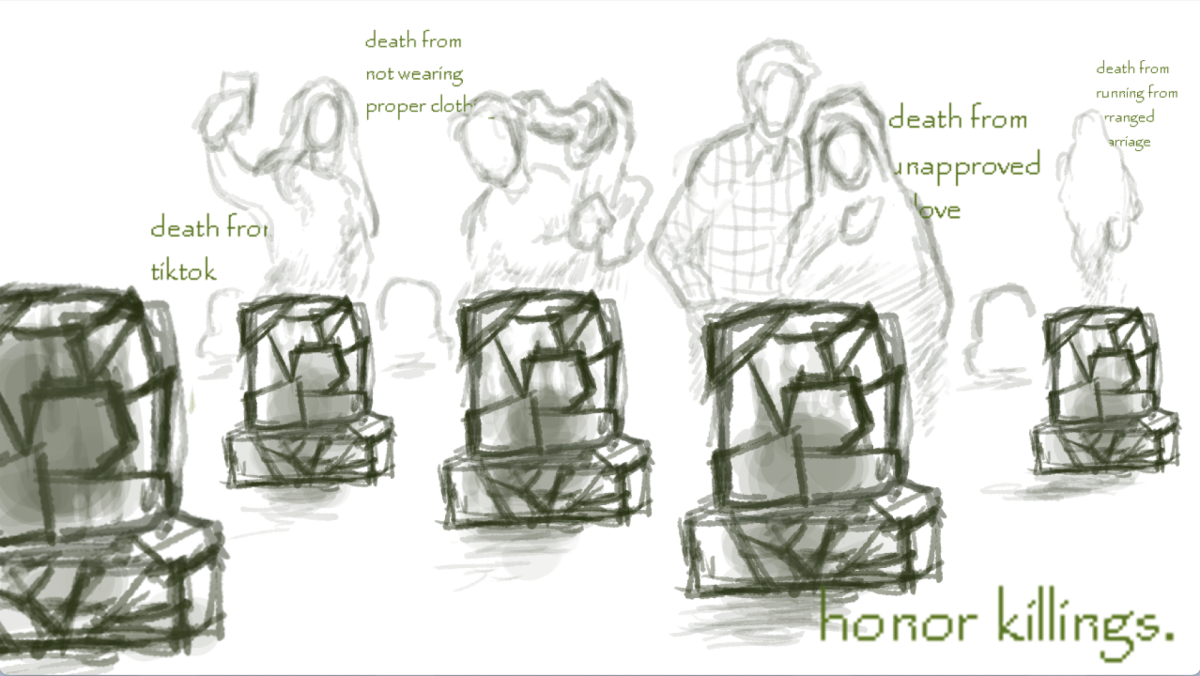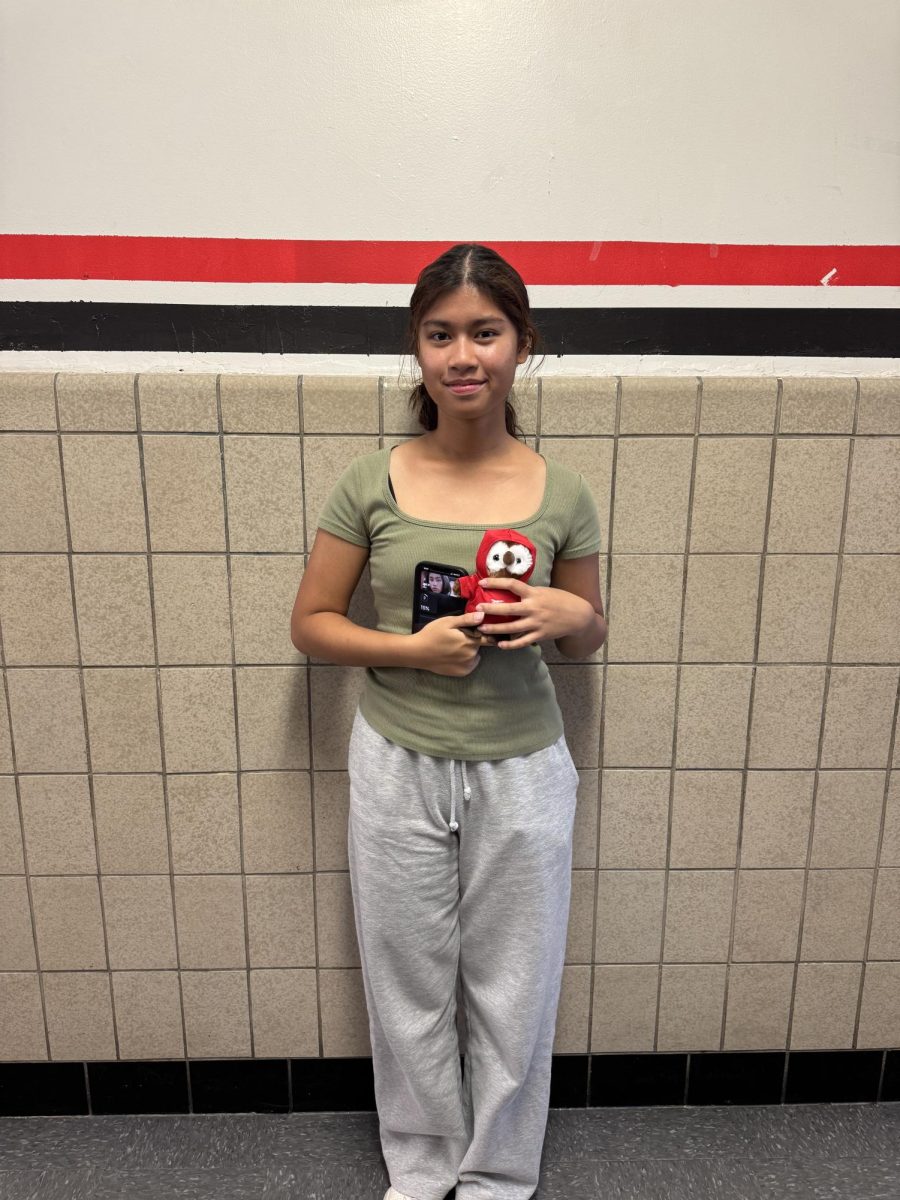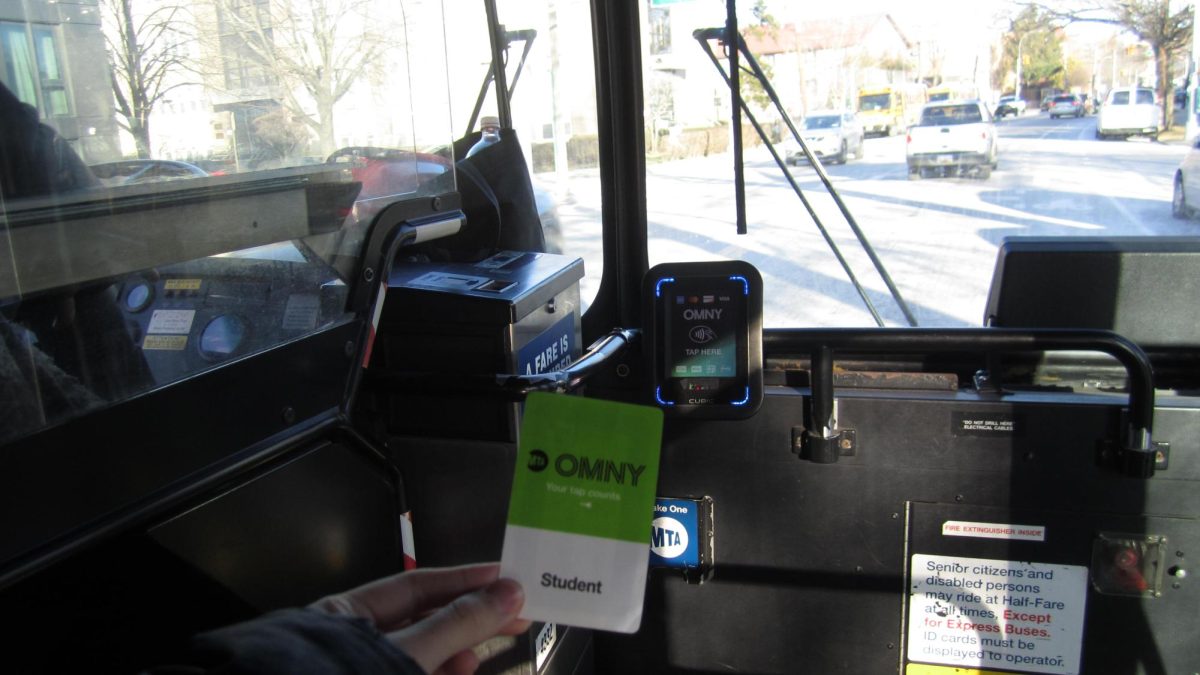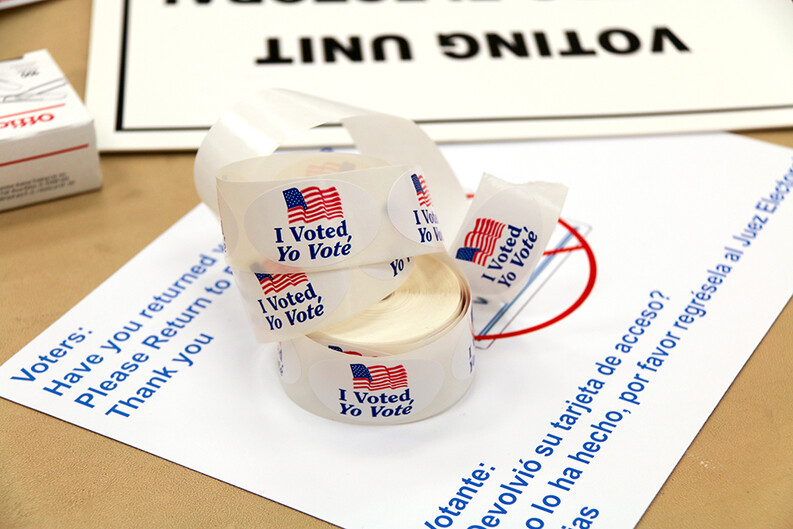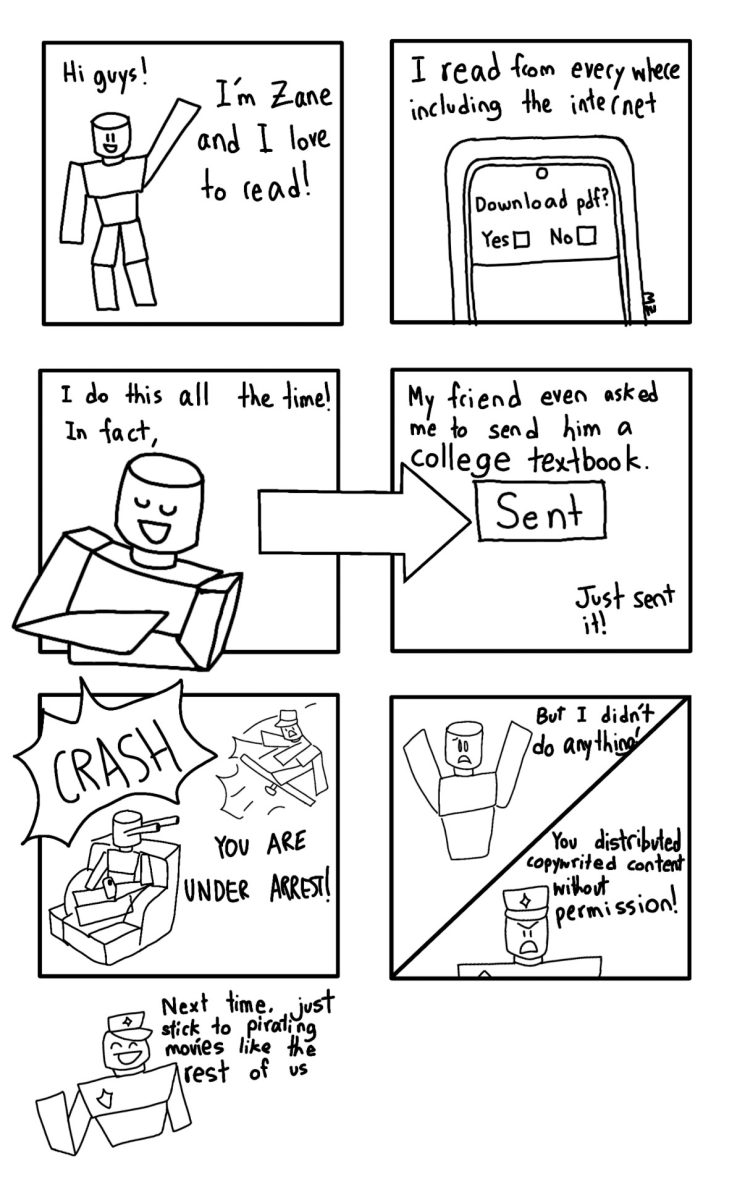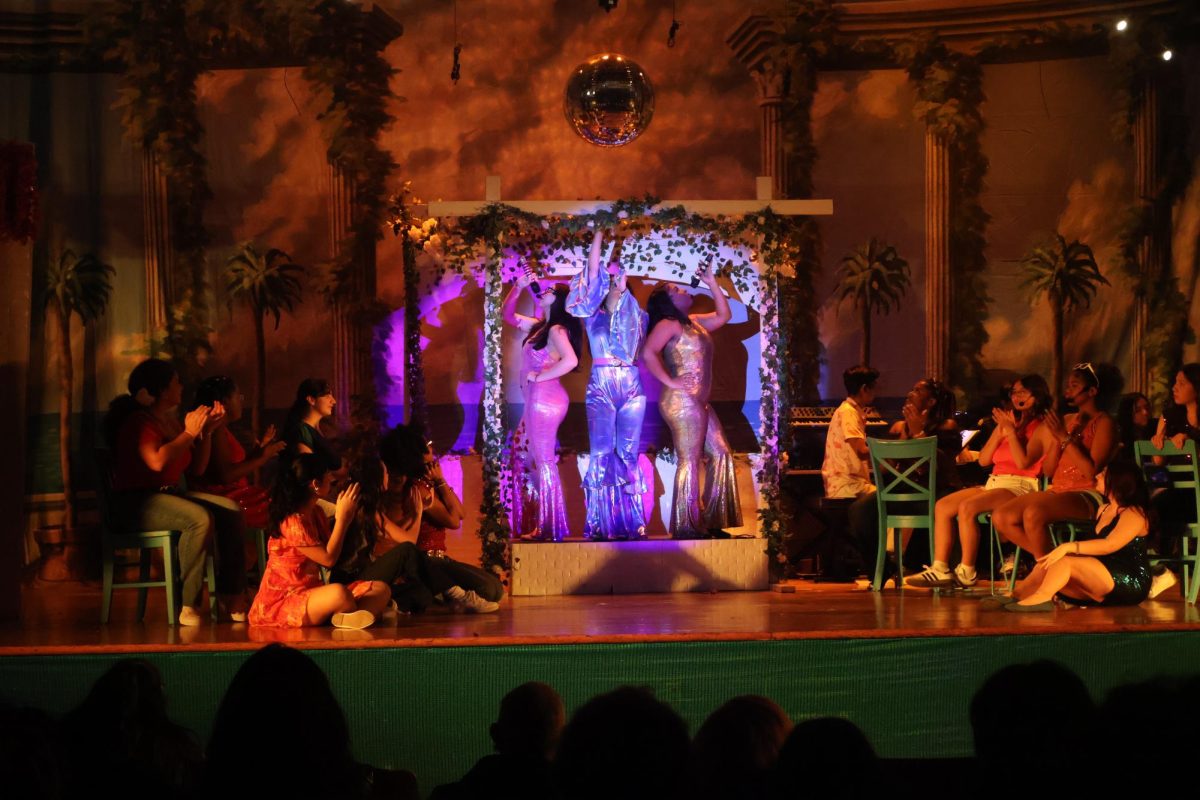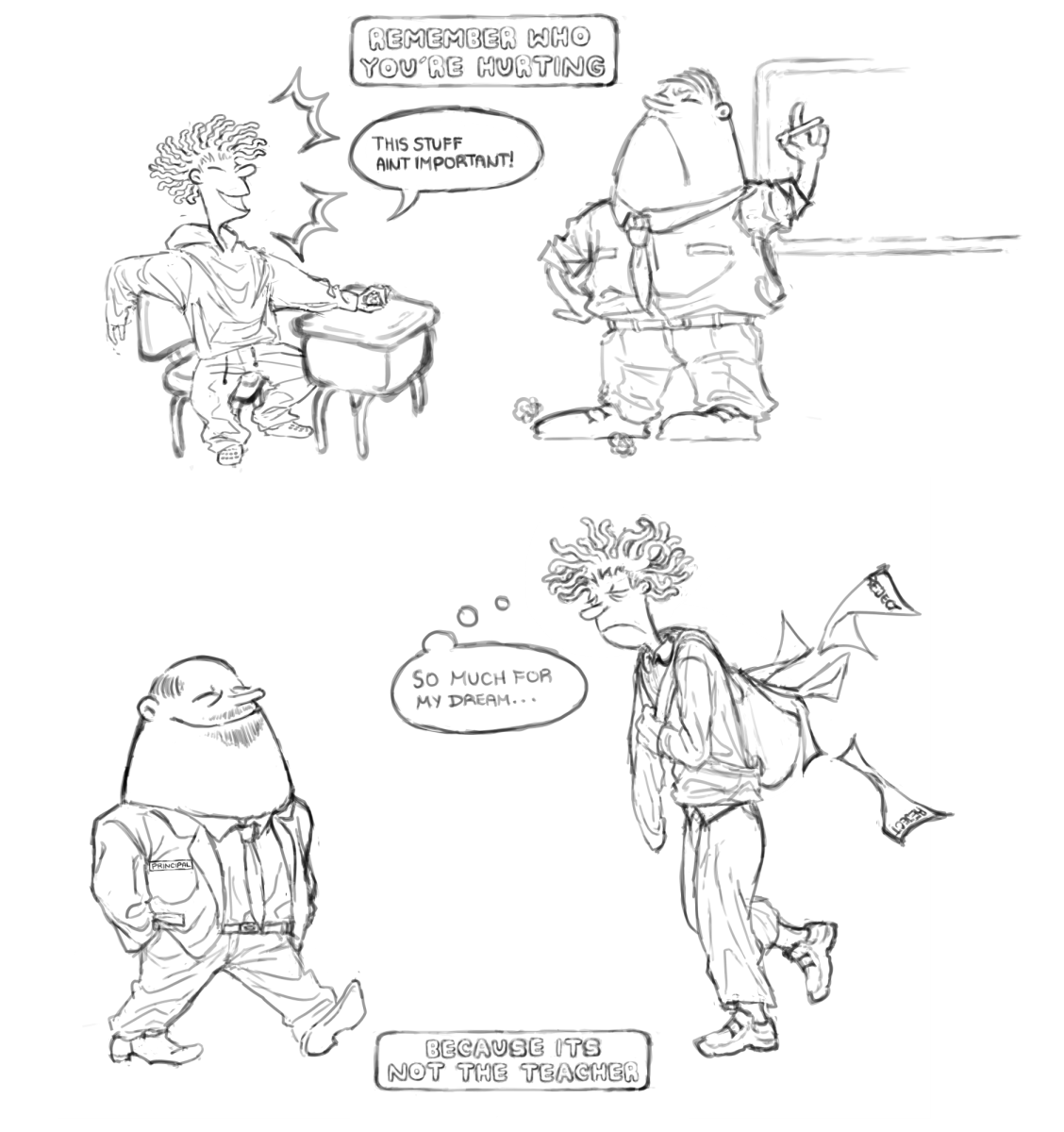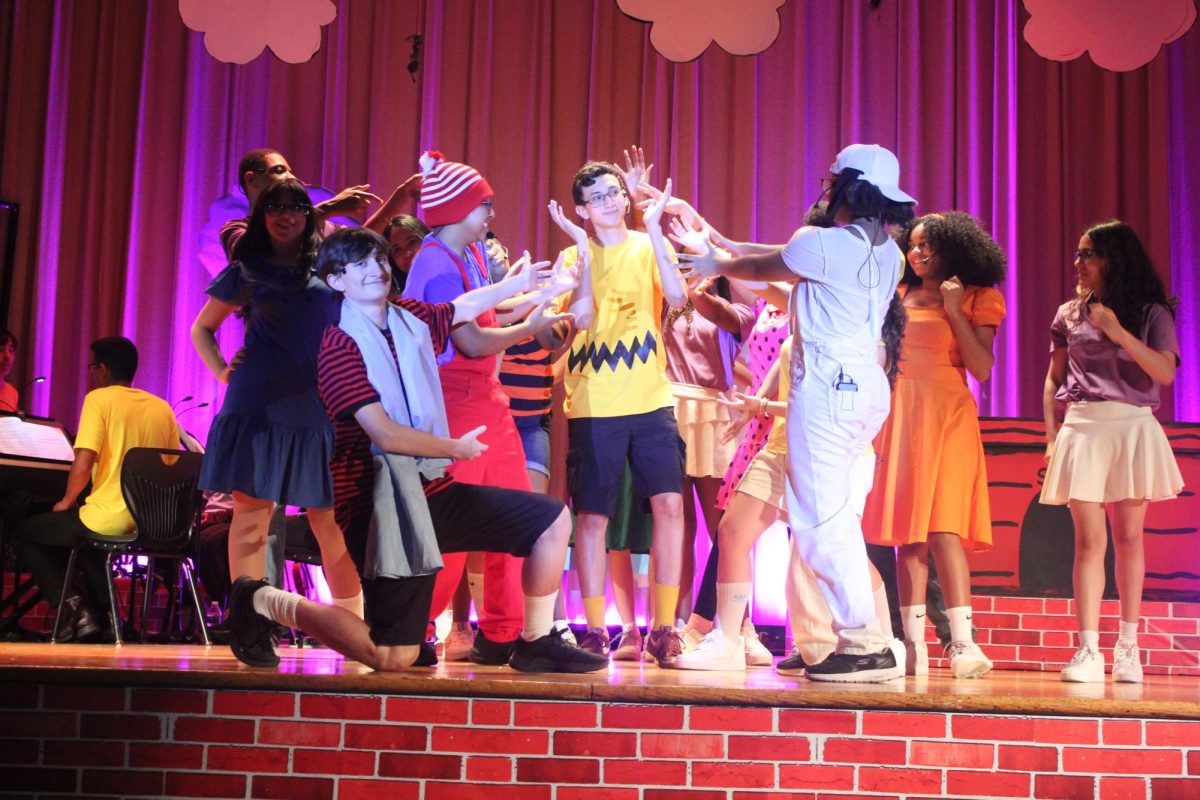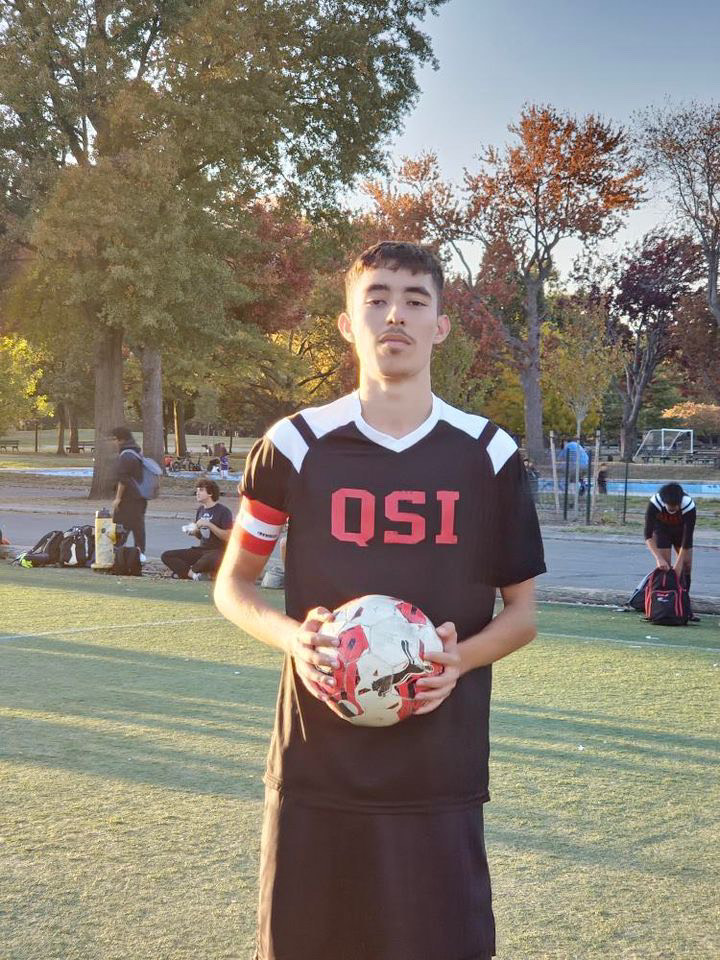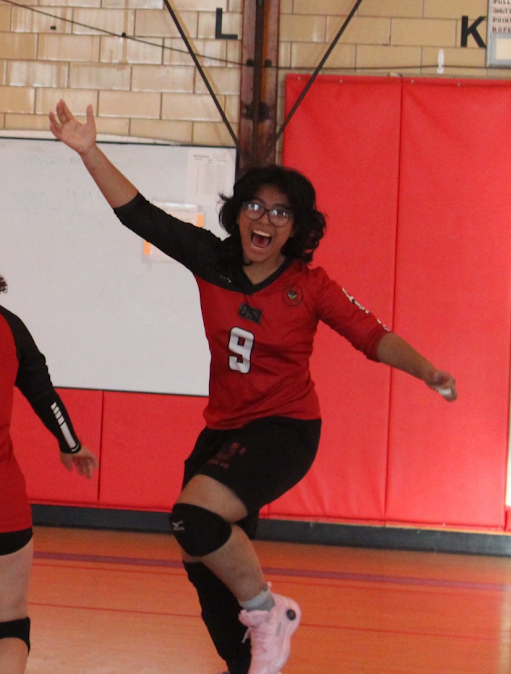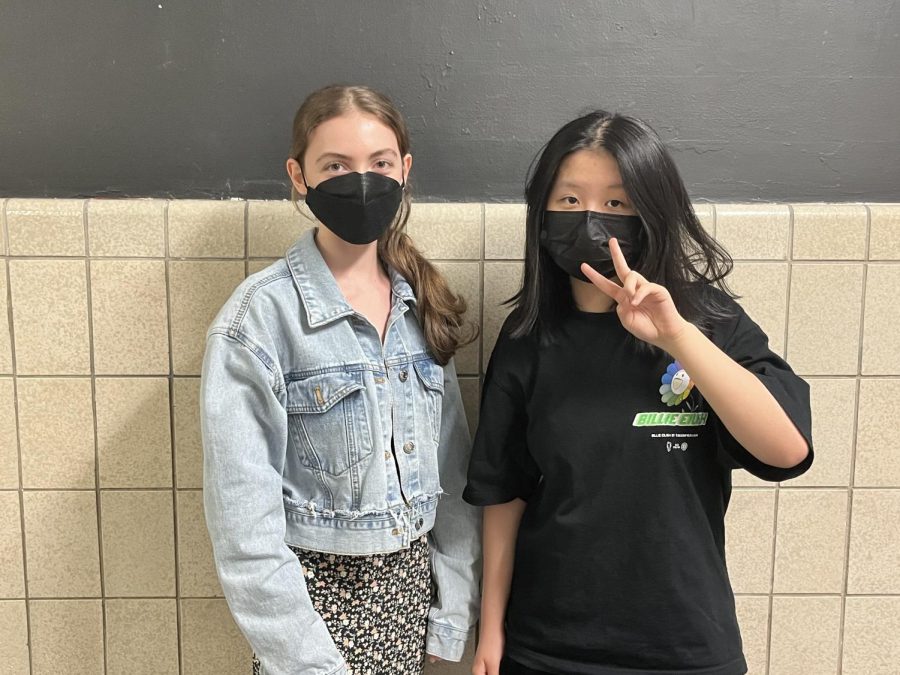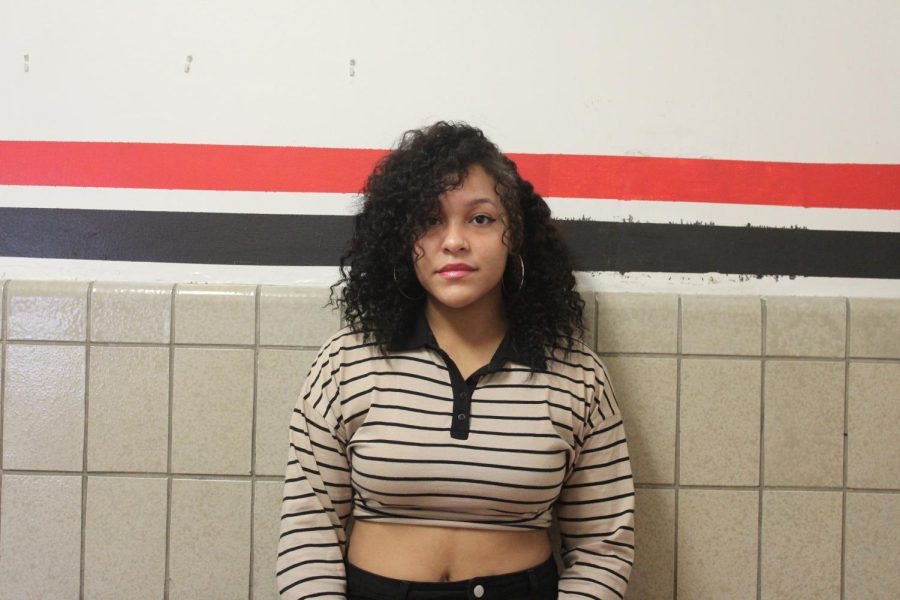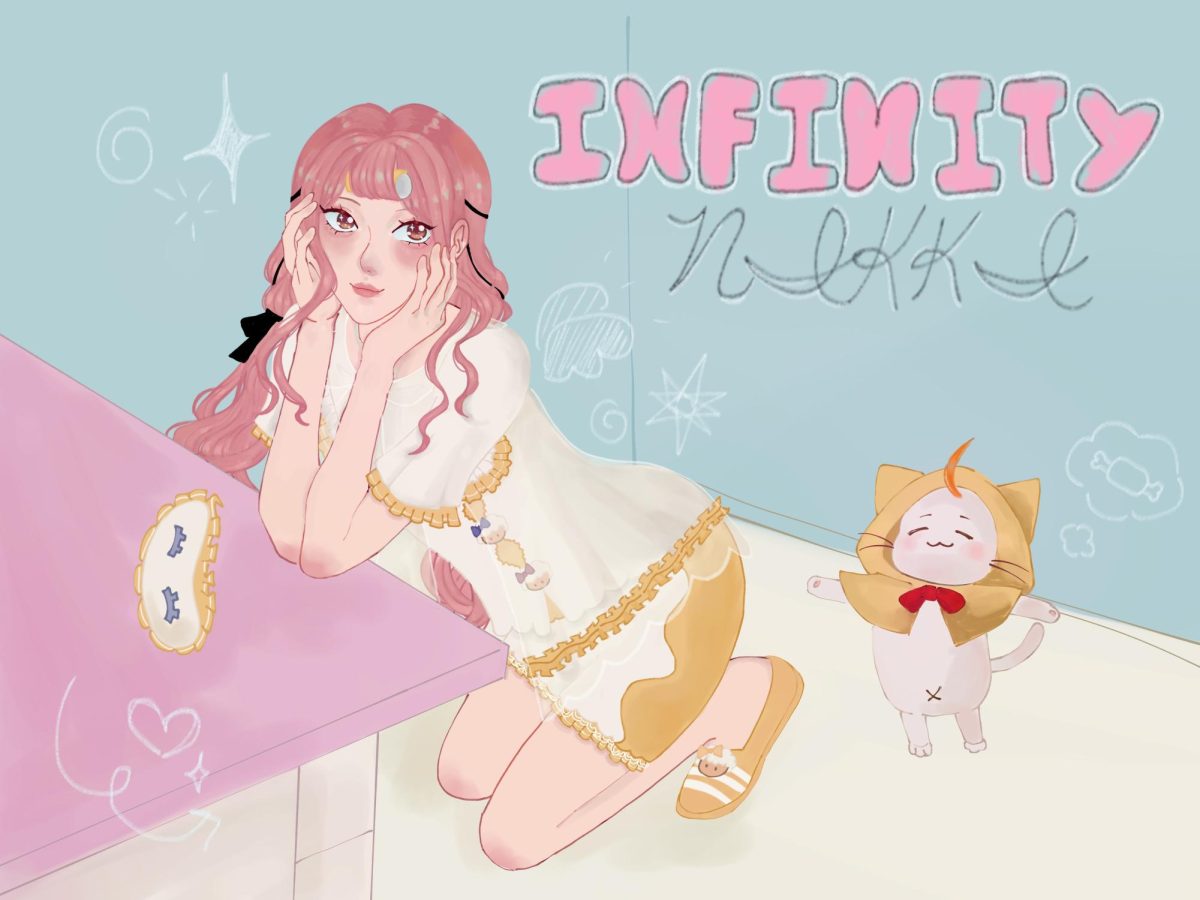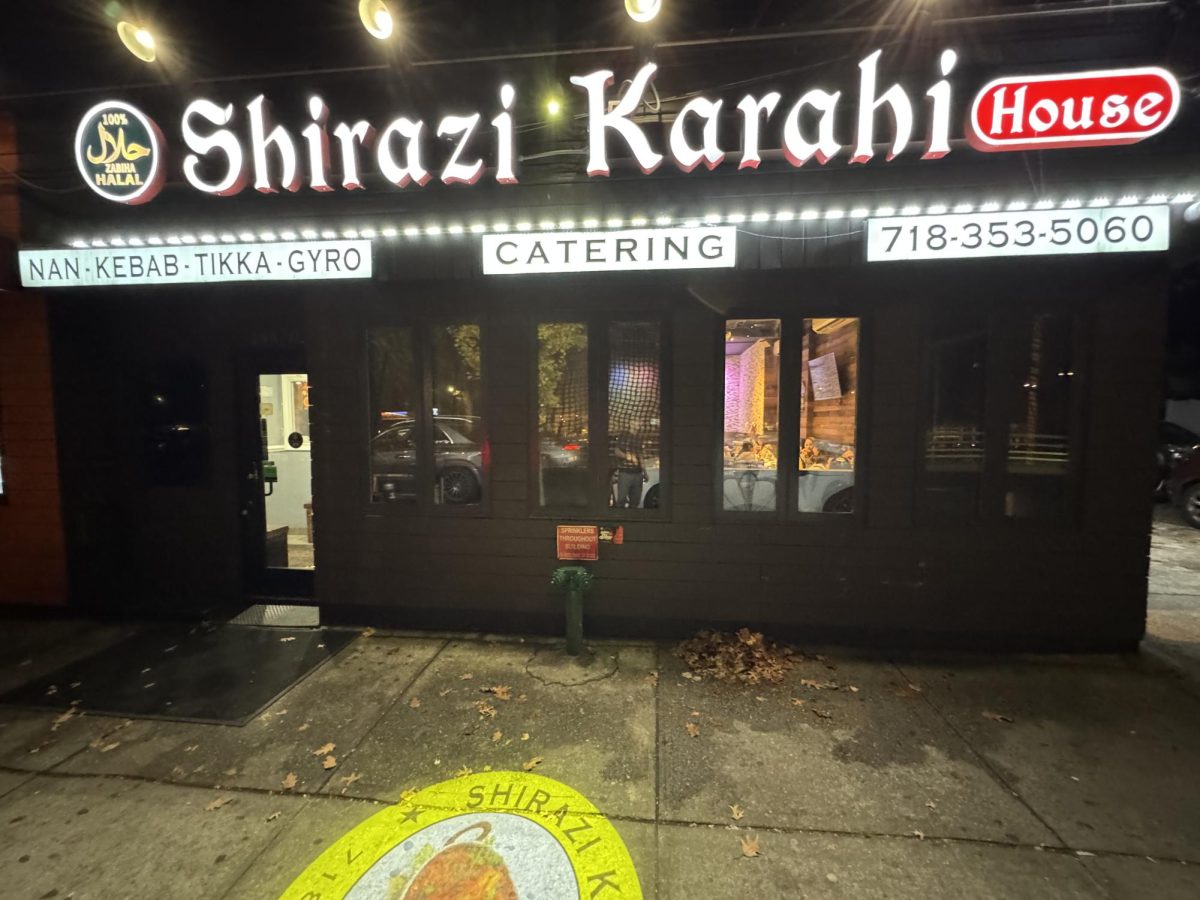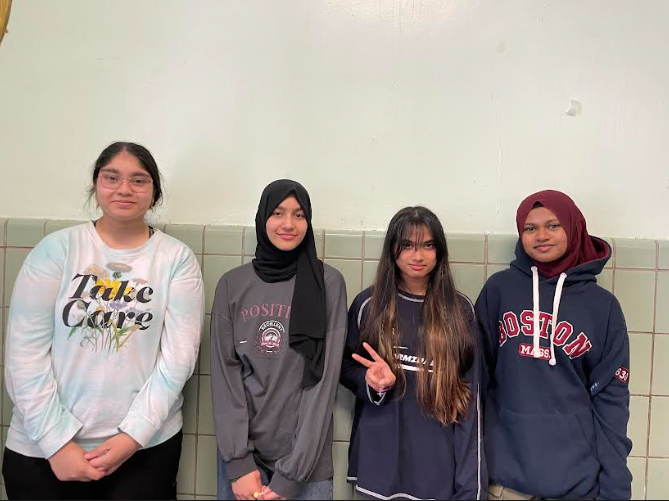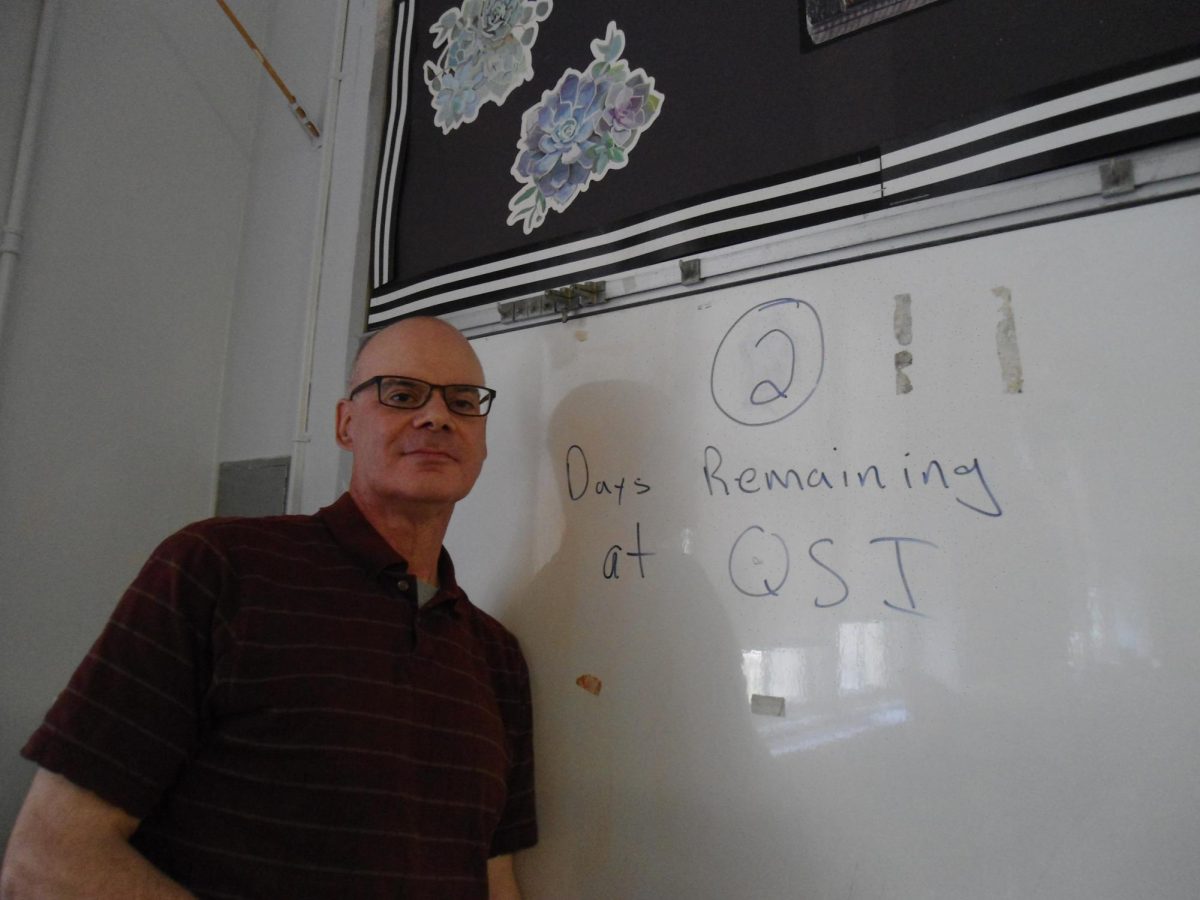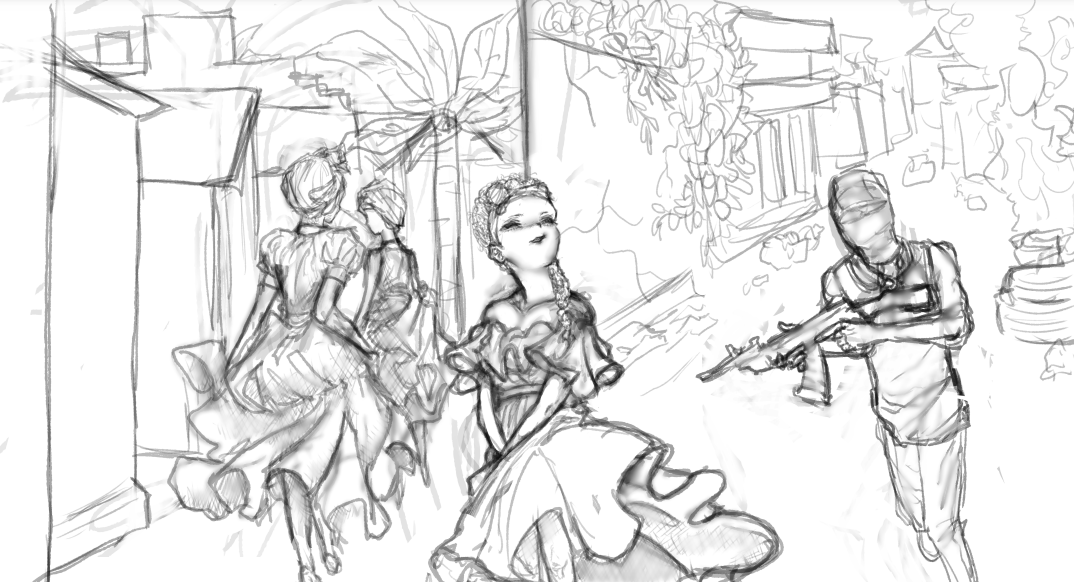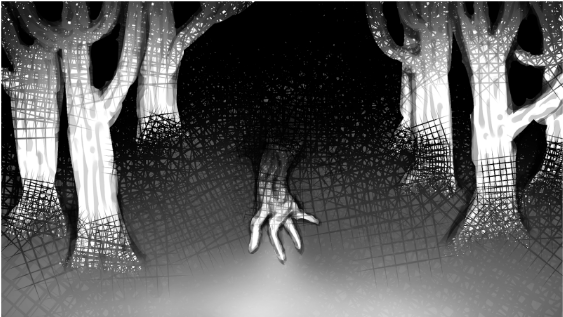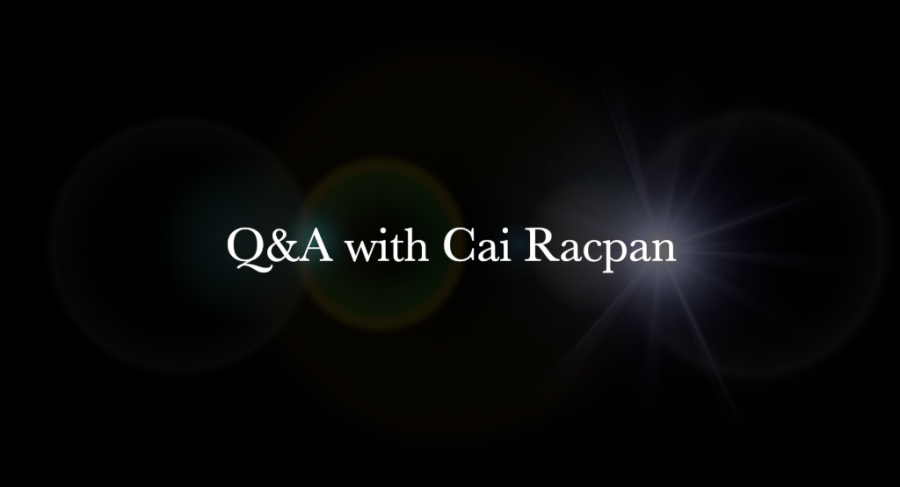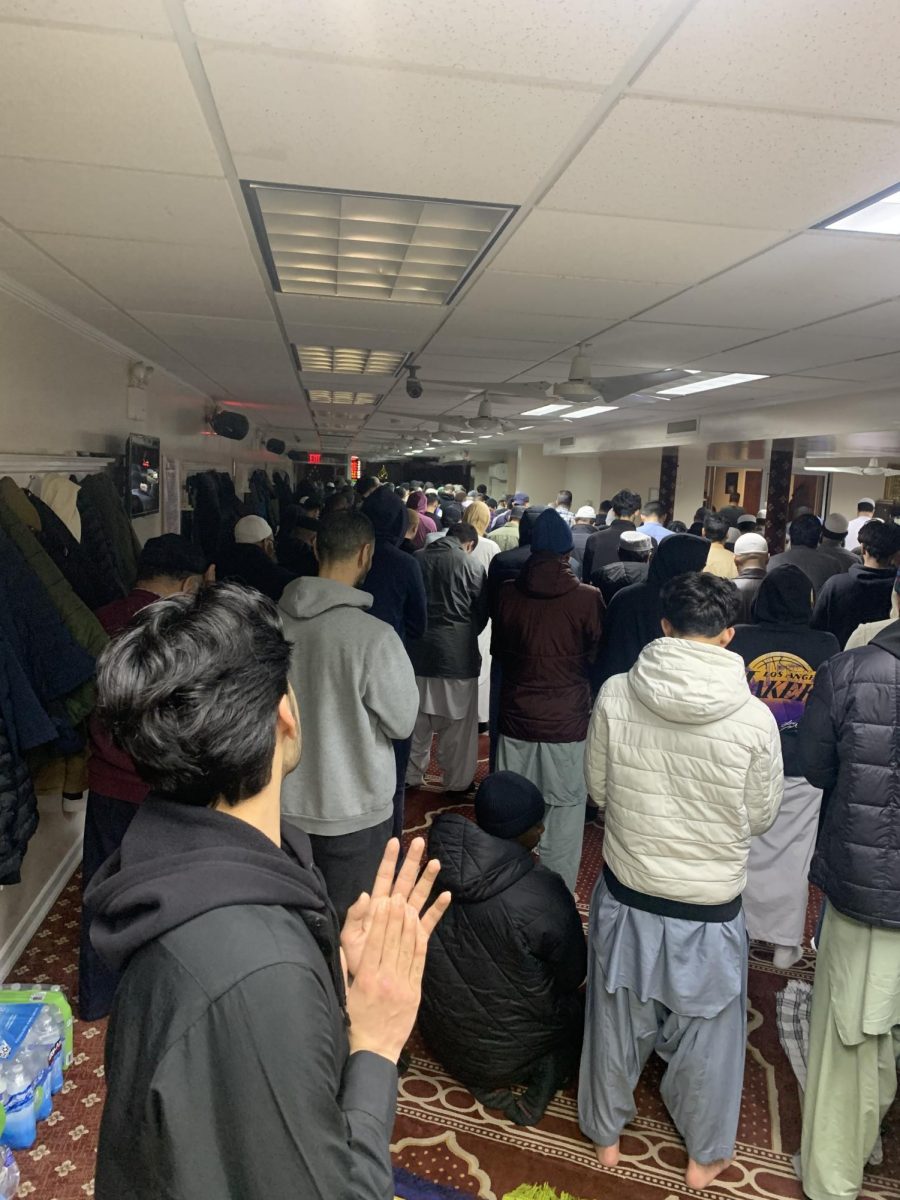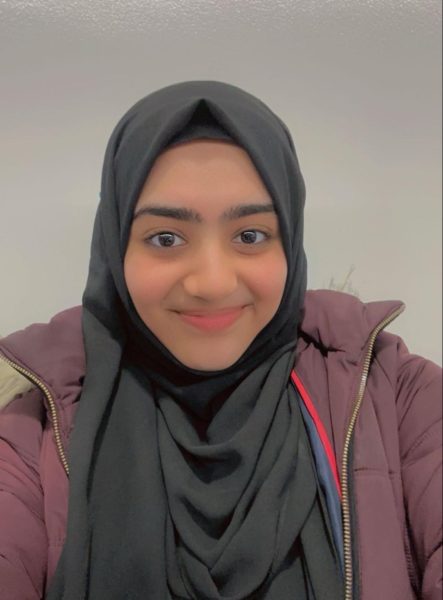Over the past month, students may have noticed that some of their friends or classmates are not eating or drinking during lunch. The reason for this is that it’s Ramadan.
Ramadan marks the occasion when the Quran, the holy book of Islam, was revealed to Prophet Muhammed (peace be upon him) more than 1,400 years ago. This holy knowledge brings in a time of fasting from sunrise to sunset as a means of mindfulness and relaxation. Fasting includes no consumption of food or water.
“Fasting for me is an interesting experience,” said junior Sameeul Alam. “At first, I felt hungry and thirsty, but I also feel more connected with my religion during this month.”
For Muslims, the month of Ramadan has a lot of meaning and blessings; it is a month that holds great significance in the Islamic calendar because it is seen as a time to better oneself.
“I feel really connected to Allah when I pray. I feel calm, it makes me reflect on the things that I am doing wrong and how I can improve myself by being a better person,” said junior Farabi Shahin.
The month is determined by the sighting of the crescent moon and lasts for an entire lunar cycle. The Islamic calendar differs from the calendar used by everybody else because it has 11 months, so the month in which Ramadan falls in every year is different.
Ramadan also emphasizes the value of kindness and thankfulness by fostering empathy and compassion for those who are less privileged. It’s significant on a personal and social level, going beyond individual acts of worship. Muslims use this time to strengthen their faith, become close to Allah, Subhanahu Wa Ta’ala, and ask for forgiveness for past sins.
“Giving charity during this month brings me happiness because I am helping out others and my also myself for the day of judgment just to help me to go heaven,” said Myra Attique, a junior.
Every night during Ramadan there are required prayers called Taraweeh. These prayers give believers a chance to participate in long-term acts of worship, encouraging internal reflection. Freshman Laiba Azhar reflected on how Taraweeh prayer is for her and how she can balance it very well, even though it is very difficult.

“Taraweeh is something I look forward to. I find it refreshing and it’s something we do only in the month of Ramadan which makes it even more special,” said Azhar. “It makes me reflect over how I can pray to Isha and Taraweeh, then wake up for Tahajjud and Suhoor. I can definitely dedicate time to pray Isha with proper focus,” she said.
Ramadan is different from other holidays because instead of it being practiced for a day or a week, it is for a month. Additionally, rather than giving and receiving money or gifts, Muslims who worship Allah are rewarded with more happiness than money or physical objects can provide.
“It makes me happy because it brings me peace knowing that I am trying my best during this holy month to get closer to god and also because I know what to do and what will help me on the day of judgment,” said Attique.
Families and communities gather to worship together, assist one another in righteous deeds, and share meals during Sehri (meal to open fast) and Iftar (meal to break fast), all of which serve to reinforce the values of kindness and generosity.
“Some traditional foods that are commonly prepared during Ramadan are biryani and samosas,” said Shifa Tahir, a sophomore. “I don’t help prepare the food, my mom or sisters usually make it and then we all eat it together as a family, but the conversations and laughter shared around the table is what makes these moments very special,” she said.
